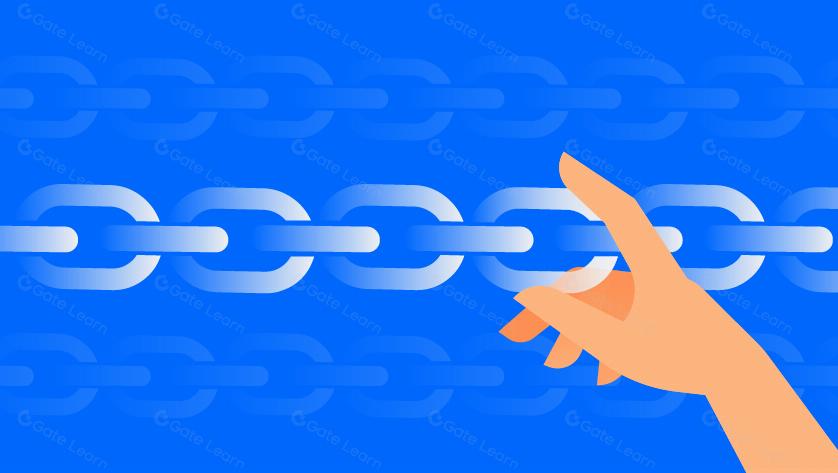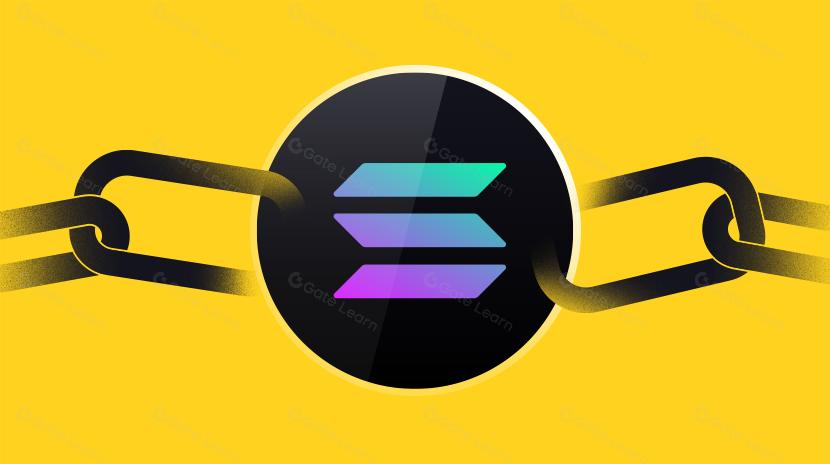BNB Chain

BNB Chain is a blockchain ecosystem launched by Binance, comprising BNB Smart Chain (formerly BSC) and BNB Beacon Chain (formerly Binance Chain). In February 2022, Binance rebranded its blockchain infrastructure into the unified BNB Chain ecosystem. This ecosystem, centered around the BNB token, provides high-performance, low-cost infrastructure for decentralized applications and has evolved into a significant public blockchain platform in the industry.
The origin of BNB Chain traces back to 2019 when Binance first launched Binance Chain (now BNB Beacon Chain), a blockchain focused on high-throughput transaction processing. In September 2020, to meet the demand for smart contracts and Ethereum Virtual Machine (EVM) compatibility, Binance introduced Binance Smart Chain (now BNB Smart Chain). These two chains work collaboratively to provide users with a rich functional experience. BNB Chain employs a variant of the Proof of Stake consensus mechanism—Delegated Proof of Stake (DPoS)—with 21 validators responsible for block production and transaction validation, ensuring efficient network operation.
The working mechanism of BNB Chain is built on its dual-chain architecture. BNB Smart Chain handles smart contract execution and DApp development, offering full compatibility with the Ethereum Virtual Machine, which allows developers to easily migrate Ethereum projects to the BNB Chain ecosystem. BNB Beacon Chain focuses on native token transactions and BNB ecosystem governance. The two chains communicate through cross-chain bridges, enabling seamless asset transfer within the ecosystem. With a block time of approximately 3 seconds and transaction fees significantly lower than Ethereum, BNB Smart Chain has become a preferred platform for many developers. Block validation follows the DPoS mechanism, where validators are elected through voting by BNB token holders, ensuring network security while enhancing processing efficiency.
Despite its significant success in the blockchain space, BNB Chain faces a series of challenges and risks. First, centralization concerns remain a focal point for the community. Compared to fully decentralized blockchains like Bitcoin, BNB Chain has a limited number of validators with a selection mechanism influenced by Binance, raising concerns about the degree of network centralization. Second, as an EVM-compatible chain, BNB Chain faces intense market competition from other public chains including Ethereum, Solana, and Avalanche, all vying for developer and user resources. Additionally, regulatory risks cannot be overlooked, as global regulatory frameworks for cryptocurrencies become increasingly stringent. As a core component of the Binance ecosystem, BNB Chain may face more rigorous compliance requirements. Security challenges also exist; despite BNB Chain's design emphasis on security, incidents such as cross-chain bridge attacks have occurred, reminding ecosystem participants to remain vigilant.
BNB Chain represents a successful attempt by a centralized exchange to expand into the decentralized ecosystem. By providing efficient, low-cost blockchain infrastructure, it has attracted numerous developers and users, becoming an important platform for DeFi, GameFi, NFTs, and other sectors. As Web3 develops, BNB Chain continues to innovate technically, such as introducing BEP standards and optimizing Layer2 scaling solutions, demonstrating its important position in the blockchain industry and long-term development potential. For both developers and users, BNB Chain offers convenient and efficient blockchain services, serving as a crucial bridge connecting traditional finance with the decentralized world.
Share
Related Articles

The Future of Cross-Chain Bridges: Full-Chain Interoperability Becomes Inevitable, Liquidity Bridges Will Decline

Solana Need L2s And Appchains?
